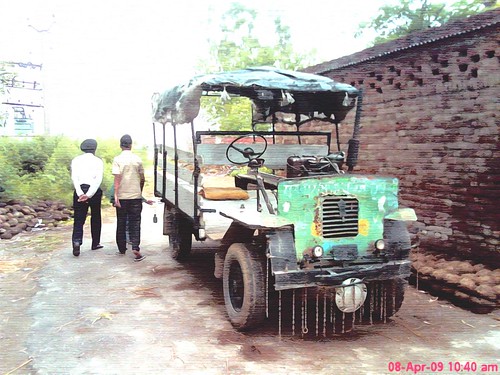This innovative mobile platform lets farmers send data and images to experts and policy makers. In addition to benefiting
individual farmers, the crowdsourced and technology-driven data collection has the potential to catch and quickly resolve problems that plague India's large agriculture sector:
mKRISHI is developed by Tata Consultancy Services Ltd (TCS) as an innovative platform to offer personalized and integrated services to farmers. TCS mKRISHI platform combines multiple technologies to bring vital information regarding local weather, fertilizer requirements based on soil conditions, pest control, and current food grain prices in local markets in a rich content format to the farmer’s low-end mobile handsets. It allows farmers to send queries in their local languages, as well as images and voice activated SMS through a mobile phone and provides personal responses with advice or relevant information in these languages.
... Some of the key benefits to farmers are:
* Advice on pesticides/fertilizers, such as how much and when to spray
* Advice on when to harvest in relation to weather to limit crop damage
* Combining yields allows efficient collection of goods
* Market prices made available so they can choose where and when to sell
* Current pricing information for NCDEX, future prices and global rates
* Bankers can use the mKRISHI programme – enabling more rapid loan payments to farmers
* Useful information such as rural Yellow pages, as well as bus times and railway reservations could improve farmers’ activities.









